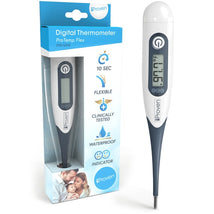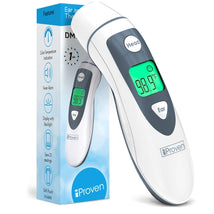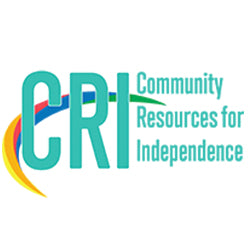We spent around a third of our lives asleep. For the average American, it means that you spend a little over 25 years of your life sleeping. You sleep for 9.125 days or 219.000 hours. Sounds like a great way to awaken the beast called FOMO. Is sleep really so essential that we need to spend a good chunk of time doing it?
The mystery we call sleep
Even Aristotle, 350 B.C., was already fascinated by this mysterious thing known as sleep. Since then, science has learned a bit more. Turns out, sleep is as essential to our survival as food and water. Without sleep we would be reduced to a husk of our former selves. It’s a complex and dynamic process that scientists are just beginning to understand.
The risky business of being sleep deprived
Science has some bad news for the insomniacs among us. Chronic lack of sleep has been linked to depression*, obesity**, heart disease***, diabetes****, and the list goes on. The good news is that adequate sleep works wonders for your body. When getting enough sleep, you’ll be productive, able to concentrate and focus on your work, have a better immune system and many more benefits.
National Sleep Foundation guidelines***** advise that healthy adults need between 7 and 9 hours of sleep per night. Younger children need a little more than that. Older people a little less.
Are you getting enough sleep?
- Do you depend on caffeine to get you through the day?
- By mid-afternoon, do you often feel tired and sluggish?
- Do people comment regularly on the dark circles under your eyes?
- When your alarm goes off in the morning, you never feel ready to get out of bed?
- Are you reading this in the middle of the night?
If you answered ‘yes’ to most of these questions, you’re probably a little low on sleep. Here’s what you can do to improve your sleep and feel well-rested in the morning.
5 tips to get a good night’s shut-eye:
- Go to bed the same time each night and get up the same time each morning.
- Sleep in a dark, quiet, comfortable environment.
- Limit the use of electronics before bed.
- Relax before bedtime. A warm bath or reading might help.
- Avoid alcohol and stimulants such as caffeine late in the day.
Want to learn more about sleep? Read this pop-sci book “Why We Sleep” by Matthew Walker.
*https://pubmed.ncbi.nlm.nih.gov/16259539/
**https://www.ncbi.nlm.nih.gov/pmc/articles/PMC2398753/
***https://pubmed.ncbi.nlm.nih.gov/21300732/
****https://pubmed.ncbi.nlm.nih.gov/15851636/
*****https://www.sciencedirect.com/science/article/pii/S2352721815000157?via%3Dihub










![iProven DMT-77 No-Touch Forehead Thermometer for Adults, Kids, Babies [Superior Accuracy, Upgraded Fever Alarm, Quiet Vibration Alerts] Digital Infrared Baby Thermometer with Ear Mode, Hypothermia Alarm](http://iproven.com/cdn/shop/files/AMI_DMT-77_image1_V3.3_MP_1_214x.jpg?v=1690531003)










